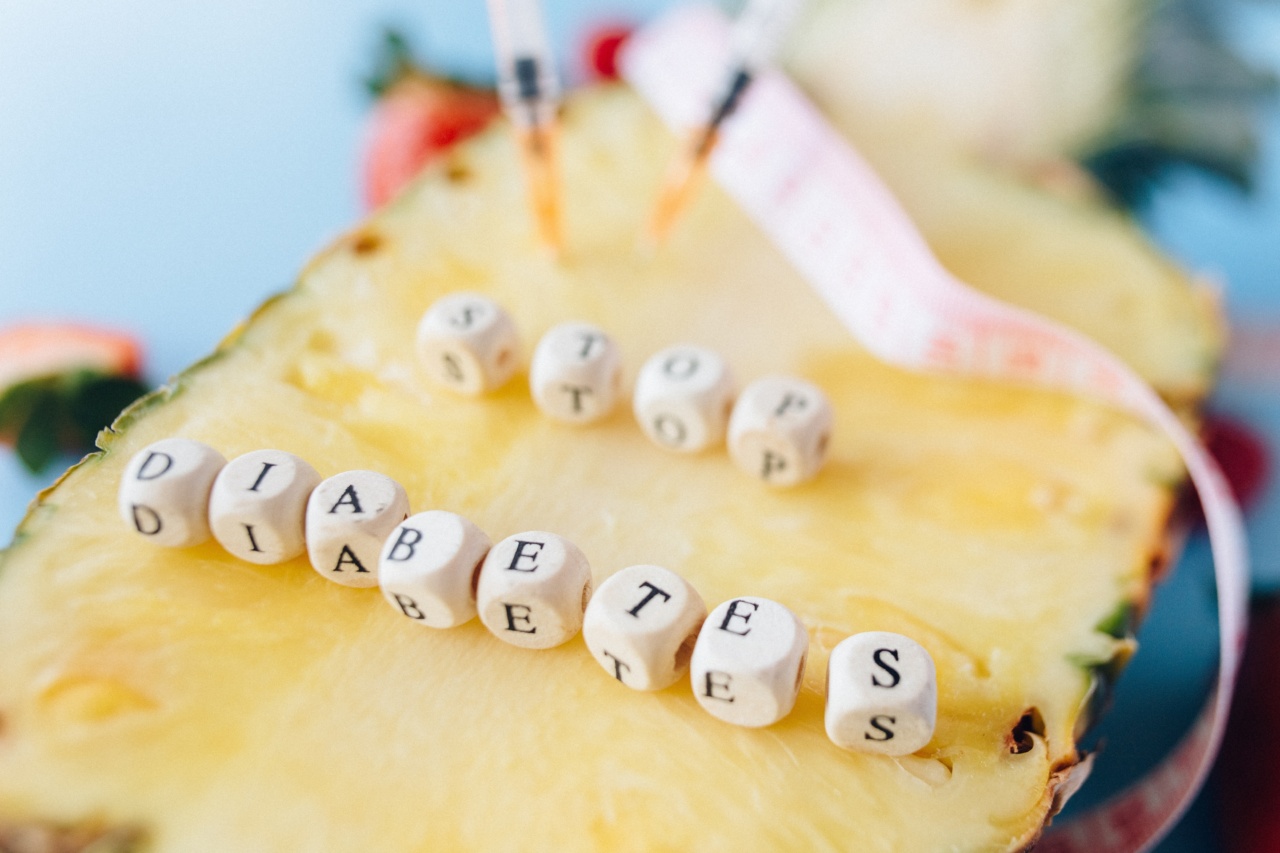Chronic kidney disease (CKD) is a condition in which the kidneys gradually lose their function over time.
It is a long-term condition that requires ongoing management to prevent the progression to end-stage kidney disease, which requires dialysis or a kidney transplant. Nutrition plays a crucial role in managing CKD by providing the nutrients needed for the body to function properly, reducing the risk of complications, and slowing the progression of the disease.
Here are some nutrition strategies that can help combat CKD.
1. Monitor Protein Intake
Individuals with CKD are advised to limit their protein intake to reduce the workload on the kidneys. However, it is also important to ensure that adequate protein is consumed to prevent malnutrition.
The recommended daily intake of protein for people with CKD is 0.6 to 0.8 grams per kilogram of body weight. This amount can be obtained from sources such as lean meat, fish, poultry, eggs, and dairy products.
2. Control Sodium Intake
Individuals with CKD are advised to limit their sodium intake to reduce blood pressure and fluid retention. The recommended daily intake of sodium for people with CKD is 1500-2300 mg per day.
To achieve this goal, individuals should avoid processed foods, canned foods, and foods high in sodium. Instead, they should use herbs and spices to flavor their meals, cook fresh foods at home, and read food labels to check for sodium content.
3. Limit Phosphorus Intake
Individuals with CKD are advised to limit their phosphorus intake to prevent bone disease and other complications. The recommended daily intake of phosphorus for people with CKD is 800-1000 mg per day.
To achieve this goal, individuals should avoid foods that are high in phosphorus, such as dairy products, meat, poultry, fish, and nuts. They should also avoid processed foods that contain phosphorus additives.
4. Increase Intake of Fruits and Vegetables
Fruits and vegetables are rich in vitamins, minerals, and antioxidants that are important for overall health. Individuals with CKD are advised to consume a variety of fruits and vegetables to meet their nutritional needs.
However, some fruits and vegetables, such as bananas, oranges, and potatoes, are high in potassium, which can be dangerous for individuals with CKD. Individuals should consult with their healthcare provider to determine the appropriate amount of potassium they should consume.
5. Watch Fluid Intake
Individuals with CKD are advised to limit their fluid intake to reduce the workload on the kidneys and prevent fluid retention. The recommended daily intake of fluids for people with CKD varies depending on the stage of the disease and other factors.
Individuals should consult with their healthcare provider to determine the appropriate amount of fluids they should consume.
6. Consider Vitamin and Mineral Supplements
Individuals with CKD may require vitamin and mineral supplements to prevent deficiencies and maintain good health. However, some supplements may be harmful to individuals with CKD, and others may interact with medications.
Individuals should consult with their healthcare provider before taking any supplements.
7. Avoid Smoking and Alcohol
Smoking and alcohol consumption can increase the risk of kidney damage and other health complications in individuals with CKD. Individuals with CKD are advised to avoid smoking and limit alcohol consumption.
8. Work with a Registered Dietitian
Working with a registered dietitian can help individuals with CKD develop a personalized nutrition plan that meets their nutritional needs, takes into account their medical history and lifestyle, and helps prevent complications.
9. Exercise Regularly
Regular exercise can help individuals with CKD maintain good health, reduce blood pressure and fluid retention, and improve their overall well-being.
However, individuals with CKD should consult with their healthcare provider before starting an exercise program.
10. Monitor Blood Sugar and Blood Pressure
Individuals with CKD are at higher risk of developing diabetes and high blood pressure, which can exacerbate kidney damage and other health complications.
Therefore, it is important to monitor blood sugar and blood pressure regularly and follow the treatment plan prescribed by the healthcare provider.






























